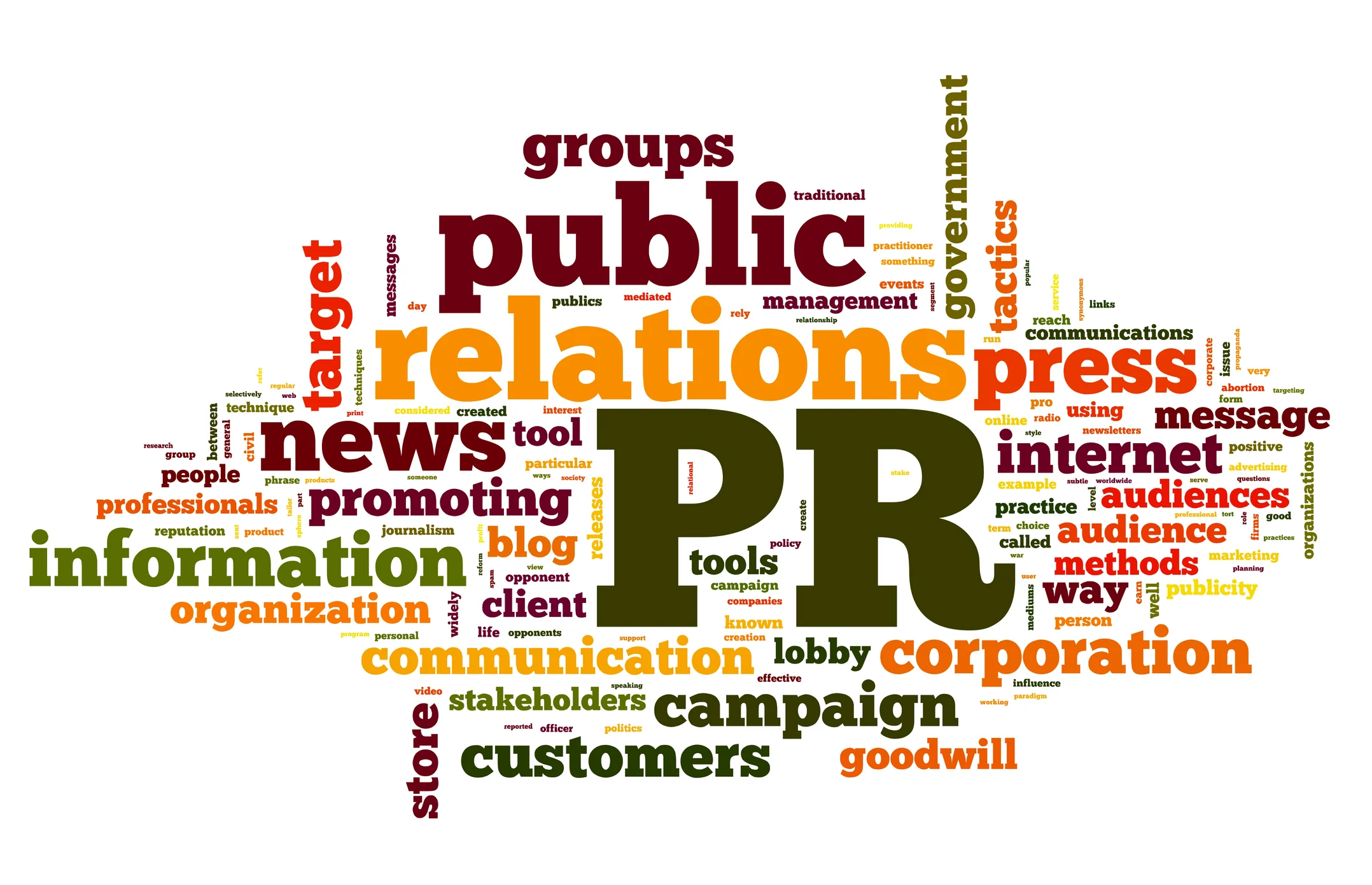
Public Relations (PR) campaigns have become integral components of modern business strategies, aiming to shape and maintain a positive public image. While these campaigns offer a range of benefits, they also present challenges that require careful consideration. In this article, we delve into the pros and cons of a PR campaign to provide a comprehensive understanding for businesses contemplating such initiatives.
Pros of a PR Campaign:
- Enhanced Public Image:
- Pro: One of the primary advantages of a PR campaign is the potential for enhancing the public image of a brand or individual. Through strategic messaging, storytelling, and media engagement, PR can shape positive perceptions.
- Building Credibility and Trust:
- Pro: A well-executed PR campaign can establish and reinforce credibility and trust. Positive media coverage, endorsements, and testimonials contribute to building a reputation that resonates with the target audience.
- Crisis Management:
- Pro: PR campaigns play a crucial role in crisis management. Having a proactive PR strategy can help organizations navigate and mitigate the impact of negative events, preserving their reputation during challenging times.
- Media Exposure:
- Pro: PR campaigns provide opportunities for increased media exposure. Securing coverage in reputable media outlets can significantly broaden a brand’s reach and visibility.
- Engagement with Stakeholders:
- Pro: Effective PR fosters engagement with various stakeholders, including customers, investors, employees, and the community. Building positive relationships with these groups can have long-term benefits.
- Strategic Targeting and Audience Reach:
- Pro: PR firm allow for strategic targeting of specific audiences. By tailoring messages to resonate with the target demographic, businesses can maximize the impact of their communication efforts. This focused approach can result in a more engaged and receptive audience.
- Brand Differentiation:
- Pro: A well-crafted PR campaign can help a brand stand out in a crowded marketplace. By highlighting unique selling points, brand values, and innovative aspects, businesses can differentiate themselves from competitors, fostering brand loyalty and preference.
- Global Visibility:
- Pro: PR campaigns, especially those leveraging digital platforms, can provide global visibility. With the potential to reach audiences worldwide, businesses can expand their presence beyond geographical constraints, tapping into new markets and opportunities.
- Employee Morale and Recruitment:
- Pro: Beyond external stakeholders, PR campaigns can positively impact internal audiences. Employees often take pride in working for a company with a positive public image, leading to increased morale and a sense of belonging. Additionally, a favorable public perception can attract top talent during recruitment.
- Ethical and Social Responsibility:
- Pro: PR campaigns offer a platform to showcase a brand’s commitment to ethical practices and social responsibility. Highlighting philanthropic initiatives, environmental efforts, or community engagement can resonate with socially conscious consumers, contributing to a positive brand image.
- Integration with Marketing Efforts:
- Pro: PR campaigns can complement and enhance overall marketing strategies. Integrated campaigns that align PR efforts with marketing goals create a cohesive and synergistic approach, ensuring consistent messaging across various channels.
- Adaptability in Digital Landscape:
- Pro: In the digital age, PR campaigns can adapt quickly to changing trends and consumer behavior. Leveraging social media, online platforms, and digital storytelling allows businesses to stay agile and responsive, reaching audiences where they are most active.
Cons of a PR Campaign:
- Financial Investment:
- Con: Implementing a PR campaign often involves a significant financial investment. While the returns can be substantial, businesses need to allocate resources wisely and be prepared for potential costs.
- Unpredictable Outcomes:
- Con: The outcomes of a PR campaign can be unpredictable. Despite careful planning, external factors such as public opinion, industry trends, or unforeseen events can influence the campaign’s success.
- Negative Publicity:
- Con: PR campaigns carry the risk of attracting negative publicity. In the age of social media, information spreads rapidly, and a misstep in messaging or execution can lead to reputational damage.
- Time-Consuming:
- Con: Successful PR campaigns require time and sustained effort. Achieving meaningful results may take months or even years, and businesses should be patient in waiting for the campaign’s impact to unfold.
- Limited Control Over Media:
- Con: While PR professionals can influence media coverage, they have limited control over how the media portrays a story. Negative or inaccurate reporting can undermine the intended message.
Conclusion:
In conclusion, a PR campaign can be a powerful tool for shaping public perception, building trust, and managing a brand’s image. However, businesses must carefully weigh the pros and cons before embarking on such endeavors. Strategic planning, adaptability, and a commitment to ethical communication are essential for navigating the complexities of PR campaigns successfully. Ultimately, a well-executed PR strategy can be a valuable asset in a brand’s overall marketing and communication efforts.